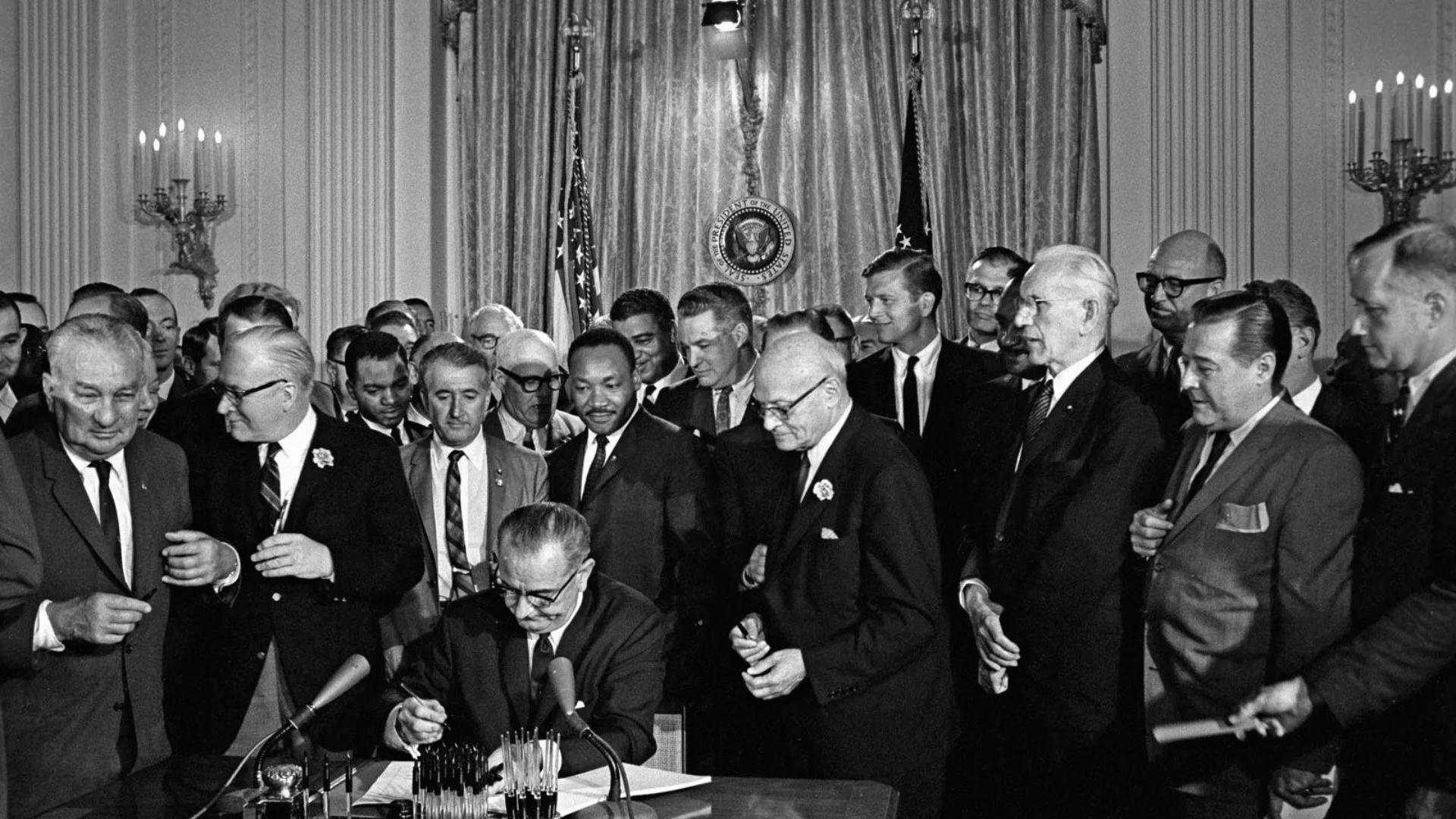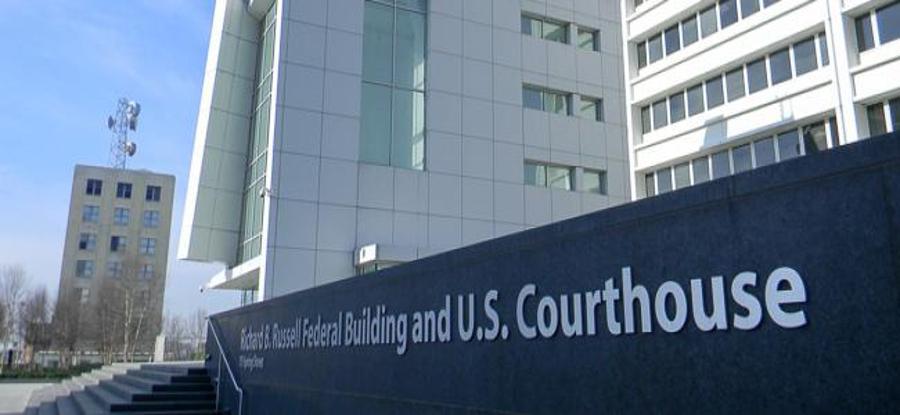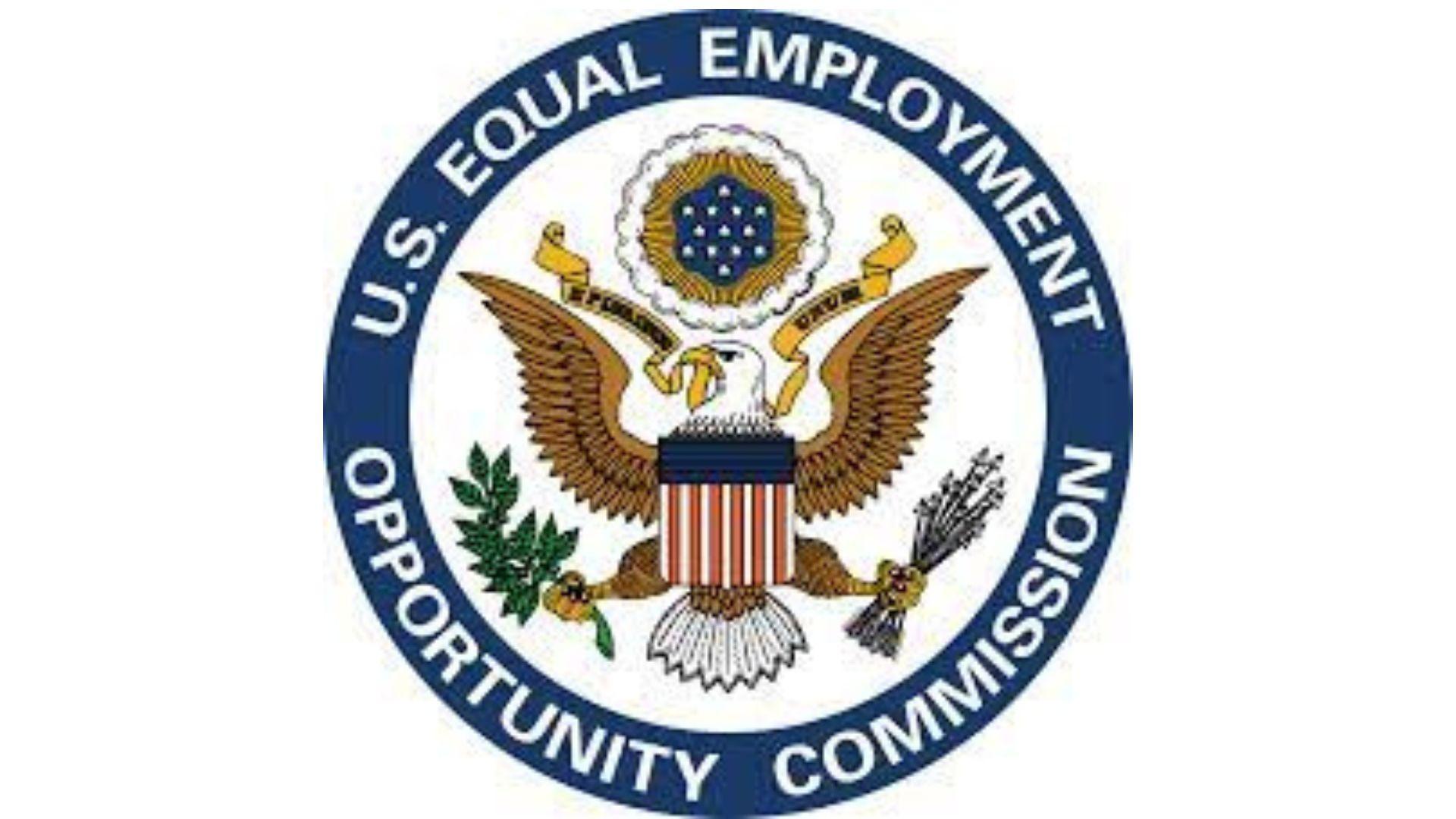Thanks to the U.S. Equal Employment Opportunity Commission, a former employee of the Children’s Healthcare of Atlanta hospital is set to receive $45,000 for wrongful termination.
The employee went to the EEOC when the hospital fired him for requesting a religious exemption from receiving the annual flu shot and was denied his right to do so. Now, more information has come to light showing the hospital’s many mistakes throughout this situation.
What Happened at the Children’s Healthcare of Atlanta Hospital?

The former employee stated in his report to the EEOC that he was hired by the Children’s Healthcare of Atlanta hospital in May 2016 as a maintenance worker and, shortly after, converted to Judaism.
He explained that his request for religious exemption in regard to the flu vaccine was approved in 2017 and 2018 but denied in 2019.
Appealing the Refusal

The former employee said he then “resubmitted his request and/or appealed the denial,” and the hospital asked him to “elaborate on his sincerely held religious beliefs” (per EEOC).
He then said that even after proving his “sincere” religious beliefs, his request was still denied. And when he refused to get the flu shot even without an authorized exemption, he was terminated “because of his failure to obtain the flu vaccination.”
Filing a Lawsuit with the EEOC

The former employee then decided to file a lawsuit against the Children’s Healthcare of Atlanta through the U.S. Equal Employment Opportunity Commission.
The EEOC argued that the former employee not only should have been allowed to refuse the vaccine due to his religious beliefs, but also that because the hospital had approved the request the previous two years, they certainly had the capacity and precedent to do so.
This Former Employee Didn’t Even Work Directly with Patients or Staff

They also argued that because the employee worked on the maintenance staff and had little to no interaction with the hospital staff, patients, or the general public, he certainly shouldn’t have been required to get the flu vaccine.
The suit, Civil Action No. 1:22-CV-04953-MLB-RDC, stated that for all of these reasons, the hospital had violated Title VII of the Civil Rights Act of 1964, and the employee deserved to be compensated for the wrongdoing.
What Is the Title VII of the Civil Rights Act of 1964?

In order to understand what the EEOC was arguing, it’s important to know exactly what Title VII of the Civil Rights Act of 1964 says.
Essentially, Title VII says that in no uncertain terms, a business cannot fire “an employee because of their religion and requires that employers reasonably accommodate the sincerely held religious beliefs of their employees.”
Arguing Their Case in Court

The EEOC attempted to settle out of court; however, CHOA wouldn’t agree to their terms, and the case consequently went to court in the U.S. District Court for the Northern District of Georgia.
There, the EEOC argued that CHOA had undoubtedly violated the Civil Rights Act but also brought new information to light that showed the hospital’s many mistakes.
Details of the Case Exhibited CHOA’s Many Mistakes

In court, the former employee explained that when he first converted to Judaism, his direct superior at the hospital “began trying to convince [him] not to convert, telling him he was not a ‘real Jew,’ calling him a gentile” (via Miami Herald).
They also noted that the hospital approved seven other employees’ requests to abstain from the flu shot due to religious beliefs. So they argued that denying the employee’s request was unnecessary as well as illegal.
The EEOC Won the Case

Fortunately for the former employee, the judge sided with the EEOC, stating that CHOA’s actions were, in fact, a violation of the act.
The regional attorney for the EEOC’s Atlanta District Office, Marcus G. Keegan, explained, “It is the responsibility of an employer to accommodate its employees’ sincerely held religious beliefs. Unless doing so would pose an undue hardship, an employer may not deny requested religious accommodations, let alone revoke those previously granted without issue” (via EEOC).
CHOA Was Forced to Pay the Former Employee $45,000

The court decided that CHOA would have to pay the former employee $45,00 as compensation for his wrongful termination.
Keegan and his team at the EEOC were, of course, thrilled with the judge’s decision. He said in a statement to the press, “The EEOC is pleased that the employee has been compensated and that CHOA has agreed to take steps to ensure that it meets its obligation to evaluate religious accommodation requests in a manner consistent with federal law.”
CHOA Also Has to Make Several Court-Ordered Changes to Its Policies

In addition to the compensation, the court also decreed that CHOA would have to make several adjustments to its existing policies.
In a statement realized by the EEOC, they explained, “CHOA will also adjust its influenza vaccine religious exemption policy to presume the exemption eligibility of employees with remote workstations or who otherwise work away from the presence of other employees or patients, and to protect the ability of such employees to seek alternative positions within CHOA if their religious exemption request is denied.”
Religious Accommodation Rights Must Be Followed to the Letter

And finally, CHOA will have to start training its employees who approve and deny religious exemption requests on the exact religious accommodation rights within Title VII of the Civil Rights Act.
And arguably most importantly, this win for the EEOC will set the precedent in Georgia and around the country for any future violations of the act to be dealt with in the same way by the U.S. justice system.
